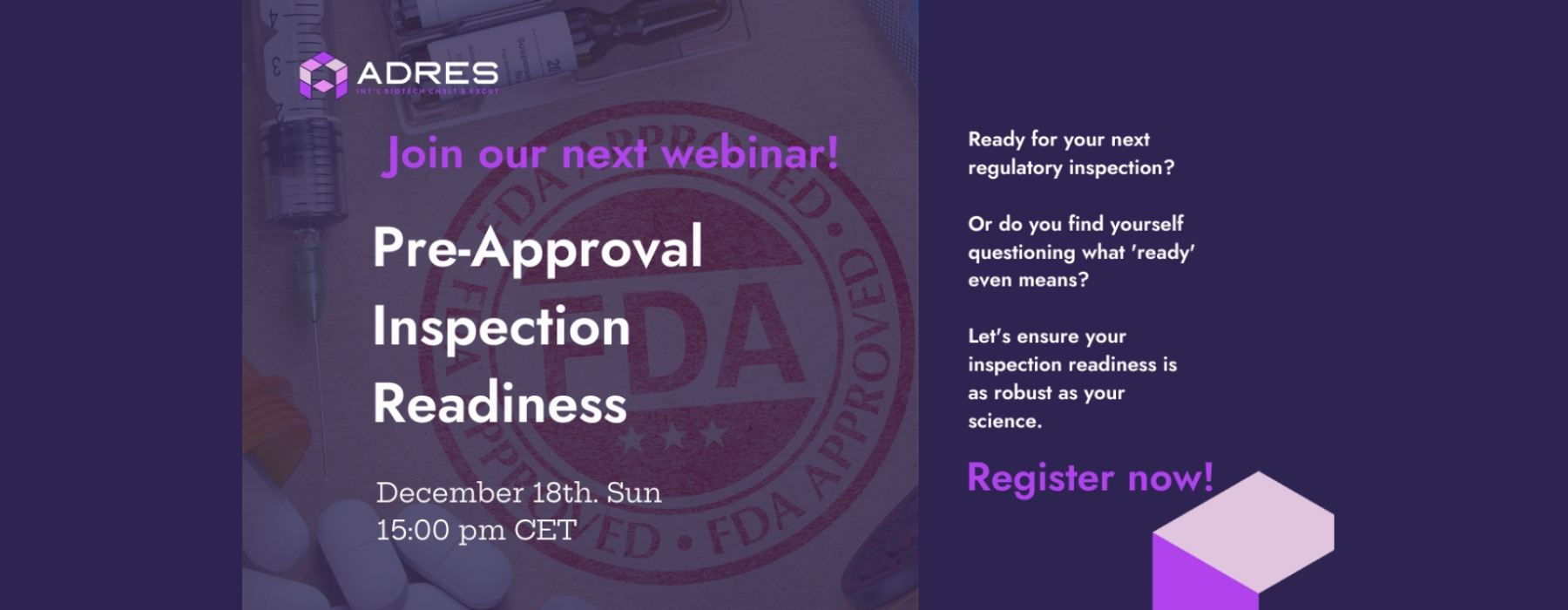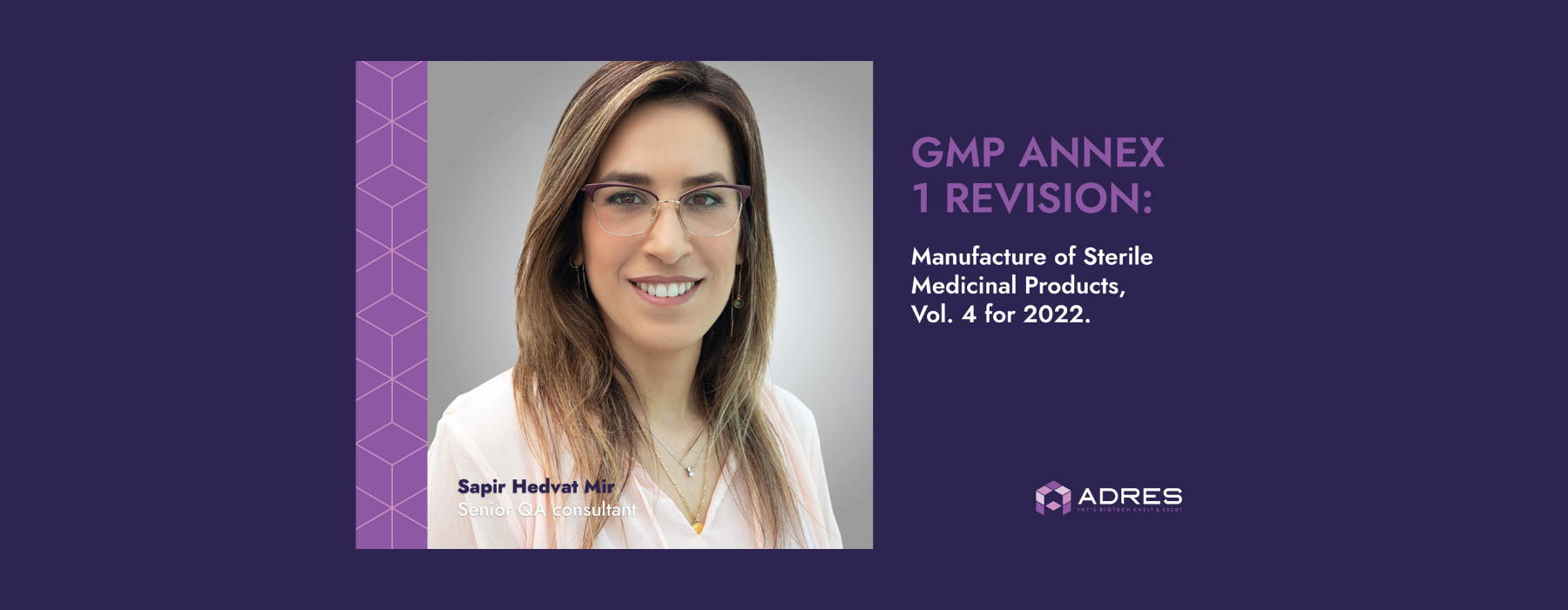23.07.2022
FDA’s New Advanced Therapies “Super Office” to Benefit Medical Startups – Biotech Regulatory Solutions.
In mid-September, the US Food and Drug Administration (FDA) announced that the Office of Tissues and Advanced Therapies (OTAT) will become the Office of Therapeutic Products (OTP). The organizational changes, which were approved in August and went into effect on September 16, are far more than just a name change. In this era of rapid advancement, biotech regulatory consulting plays a crucial role in navigating FDA changes.
OTP, which like OTAT is part of the FDA’s Center for Biologics Evaluation and Research (CBER), will be elevated to a Super Office. This will allow CBER to manage the program at a macro level and better position the center to address an ever-changing public health landscape. These changes are not just significant locally but will influence global regulatory services and their strategies.
The new organizational changes will improve functional alignment, increase the review capabilities of the organization, and enhance expertise on new cell and gene therapies. It will also include more full-time staff and supervisory positions, as well as avoid the need for continual reorganizations.
This organizational change is welcome news to startups, who often encounter delays while waiting for FDA approval. Super Offices, which have been created over the past decade, are often more efficient as they tend to optimize combined functions that had been taking place in separate departments.
At ADRES, we believe that biopharmaceutical companies and startups involved in the development of cell and gene therapy will see a far more streamlined approval process, with more transparency in the process. Companies should expect to see an expedited drug development and review process, particularly for promising pipeline products.
Discover how we can help you get to market faster! Talk to us today.
Go back to the Blog 






